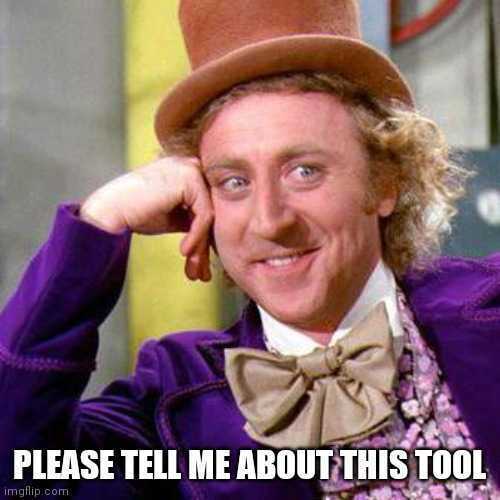How are teams verifying new Cards within Collections?
Hey! Curious how people are approaching verifying new cards within collections, as I wonder if we've over-engineered our approach. Right now, we have 8 verifiers (called guru gurus) split by segment/product who are meant to review new cards as they come in and check against relevancy, recency and make sure it's not duplicative. In reality, there are only a few people on the team, mostly on Ops or senior members, who are adding new content to the collection. Their content doesn't need to go through the "guru guru" check. *Basically - how do you successfully gatekeep new content to your collections?*
Enter your E-mail address. We'll send you an e-mail with instructions to reset your password.


